The Ultimate Showdown: Car Camping vs Backpacking – Which Adventure Will You Choose?
Ever found yourself torn between the allure of a cozy campfire and the thrill of conquering remote peaks? You’re not alone. As an avid outdoorsman who’s spent countless nights under the stars, I’ve wrestled with this dilemma more times than I can count.
Let’s dive into the nitty-gritty of car camping and backpacking, shall we?
What’s the Real Difference? (And Why It Matters)
Car camping is like bringing your home comforts to nature’s doorstep. You drive up, unload, and voilà – instant outdoor living room.
Backpacking? It’s you, your pack, and the wild. Everything you need is on your back, and you’re ready to venture where few have trodden.
The choice between these two can make or break your outdoor experience. Trust me, I learned this the hard way when I once packed my entire kitchen for a backpacking trip. Spoiler alert: it didn’t end well.
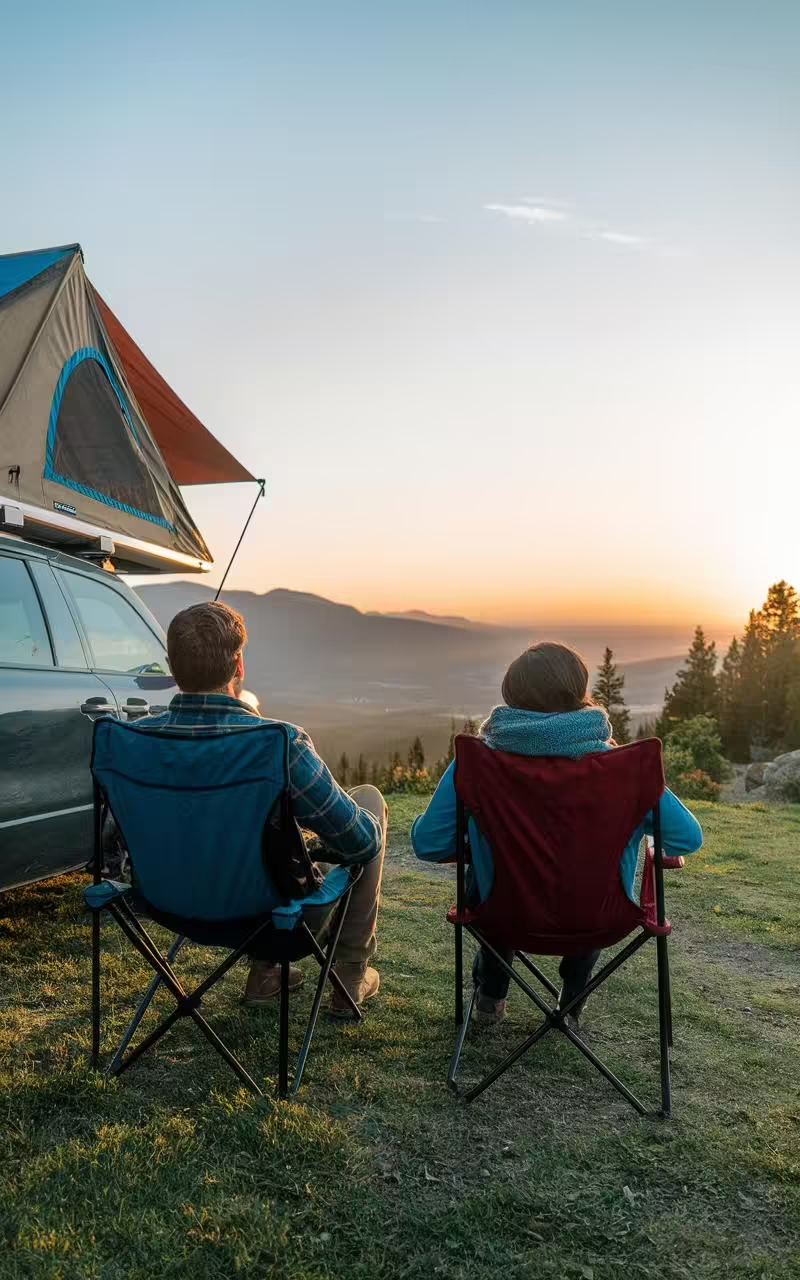
Your Adventure, Your Rules: Which One Fits Your Style?
Car Camping:
- Perfect for weekend warriors
- Family-friendly
- Ideal for those who love comfort (hello, inflatable mattress!)
Backpacking:
- For the adventure junkies
- Solitude seekers
- Those who don’t mind roughing it for breathtaking views
The Great Gear Debate: What You’ll Need (And What You Won’t)
Car Camping Essentials:
- Spacious tent (because why not?)
- Comfy sleeping bags and pillows
- Portable stove and cookware
- Cooler for fresh food (and cold ones)
- Camp chairs and tables
Backpacking Must-Haves:
- Lightweight tent
- Compact sleeping bag and pad
- Portable water filter
- Dehydrated meals
- Multi-tool and first-aid kit
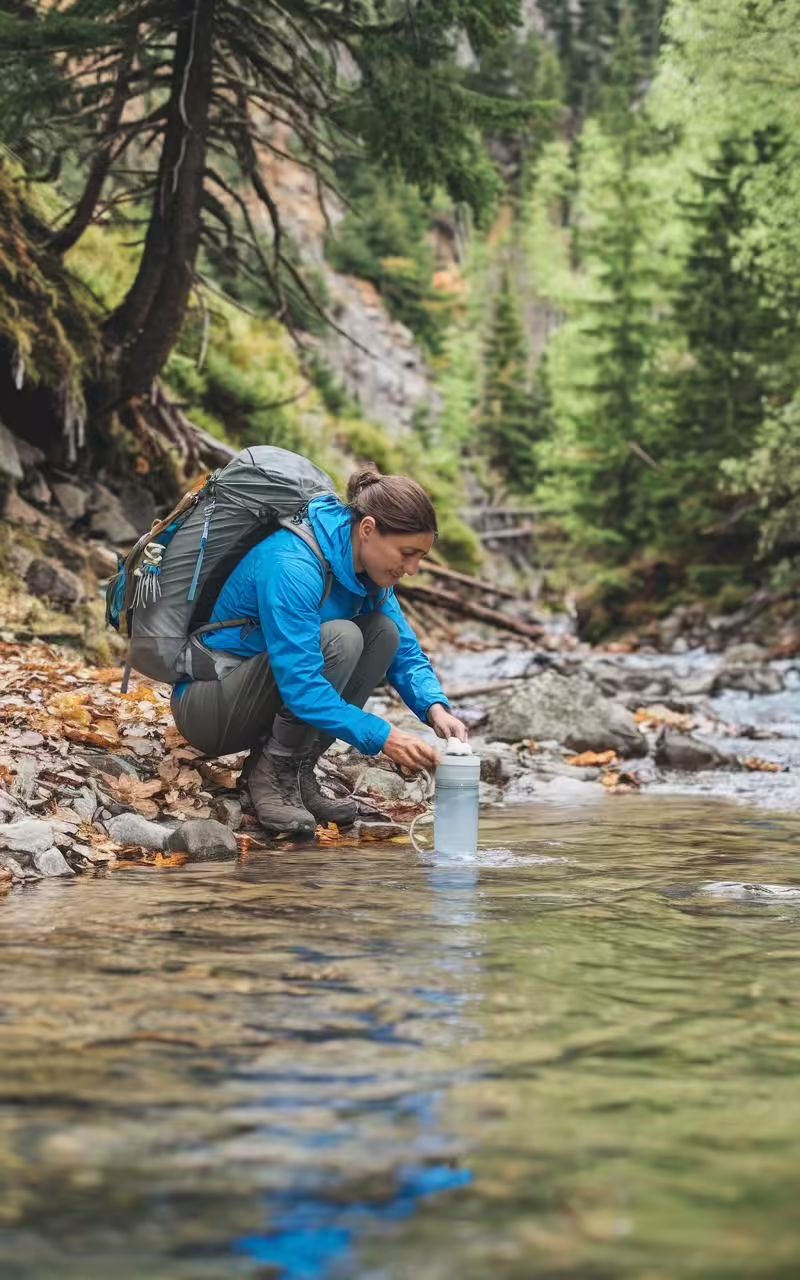
Pro Tip: Always pack a headlamp, regardless of your camping style. Nothing’s worse than fumbling in the dark when nature calls at 2 AM.
Planning Like a Pro: The Secret to a Stellar Trip
Car Camping Planning:
- Choose your campsite wisely (amenities matter!)
- Pack without weight worries
- Be spontaneous – last-minute trips are a go
Backpacking Planning:
- Research trails and obtain permits
- Scrutinize every ounce in your pack
- Plan your route, water sources, and meals meticulously
I once planned a backpacking trip on a whim, thinking my car camping experience would suffice. Let’s just say I gained a newfound appreciation for toilet paper and clean socks that weekend.
The Pros and Cons: What No One Tells You
Car Camping Pros:
- Comfort is king
- Bring all your favourite gadgets
- Perfect for social butterflies
Car Camping Cons:
- Limited to accessible areas
- Can get crowded and noisy
- Less immersive nature experience
Backpacking Pros:
- Reach breathtaking, remote locations
- Ultimate sense of accomplishment
- Deep connection with nature
Backpacking Cons:
- Physically demanding
- Limited luxuries
- Requires more skill and experience
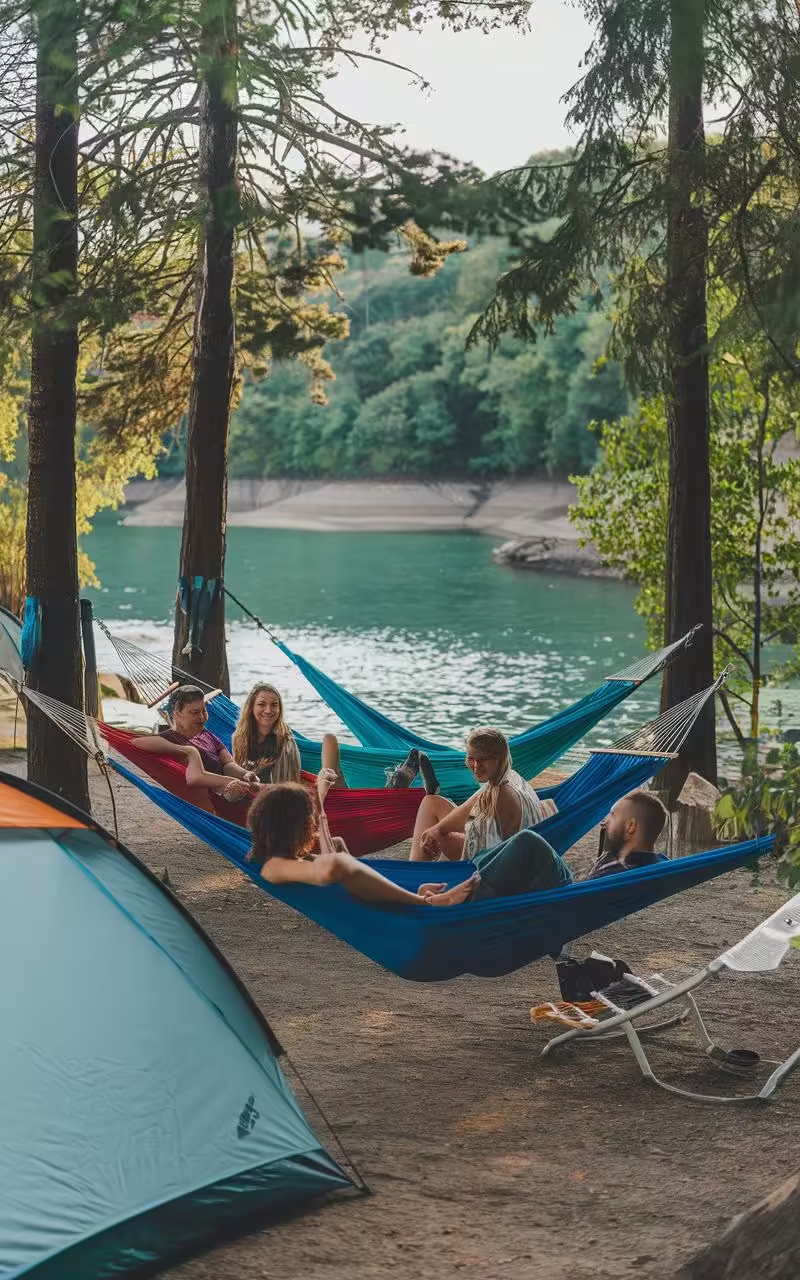
Key Takeaway: Choose based on your comfort level, desired experience, and physical ability. There’s no shame in starting with car camping and working your way up to backpacking.
Who Should Choose What? The Ultimate Guide
Car Camping is Your Jam If:
- You’re new to outdoor adventures
- You’re travelling with kids or a large group
- You value comfort over solitude
Backpacking is Your Calling If:
- You’re physically fit and up for a challenge
- You crave solitude and untouched landscapes
- You’re an experienced camper looking to level up
Remember, there’s no one-size-fits-all. I’ve seen hardcore backpackers enjoy a leisurely car camping weekend, and car campers transform into backcountry enthusiasts.
The Future of Camping: What’s Next?
As we look ahead, both car camping and backpacking are evolving. Sustainability is becoming a major focus, with eco-friendly gear gaining popularity.
Technology is also making its mark. From ultralight materials to solar-powered gadgets, the line between comfort and adventure is blurring.
But here’s the thing – no matter how much gear evolves, the essence of camping remains the same. It’s about connecting with nature, challenging yourself, and creating memories that last a lifetime.
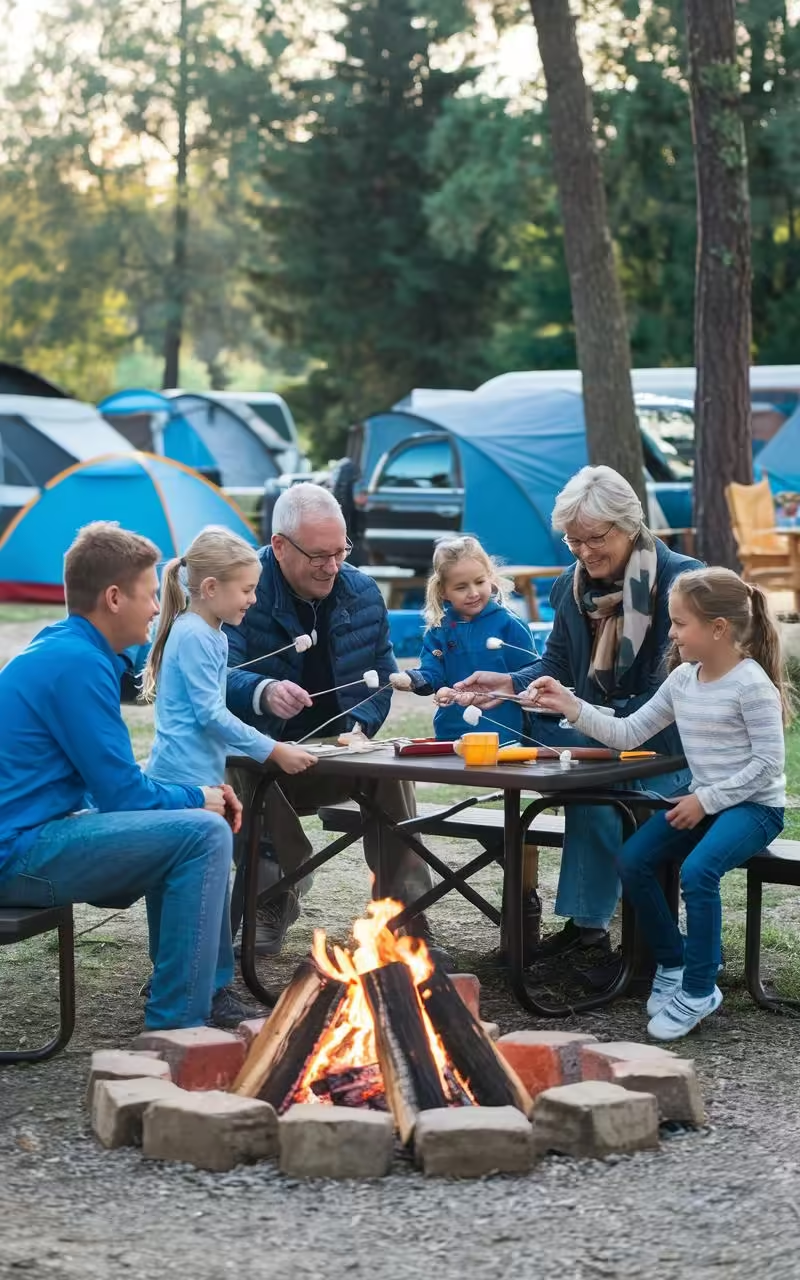
So, which camping style speaks to your soul? Are you ready to load up the car for a comfortable getaway, or are you itching to strap on a backpack and hit the trails? The choice is yours, and the adventure awaits.
Camping Across Generations: From Boomers to Gen Z
Ever wonder how different age groups approach camping? Let’s break it down:
- Baby Boomers: Often prefer car camping with all the comforts of home.
- Gen X: Mix of car camping and backpacking, depending on family situation.
- Millennials: Increasingly drawn to backpacking and “glamping” experiences.
- Gen Z: Embracing minimalist backpacking and eco-friendly practices.
I once took a multi-generational camping trip with my family. Watching my tech-savvy nephew teach my dad how to use a solar charger was a hilarious and heartwarming moment.
The Group Dynamic: Solo, Duo, or Crew?
Solo Adventures:
- Perfect for self-reflection and challenging yourself
- Ideal for both car camping and backpacking
- Requires extra safety precautions
Duo Trips:
- Great for bonding with a partner or friend
- Allows for gear sharing in backpacking
- Can be romantic (stargazing, anyone?)
Group Expeditions:
- More suited for car camping due to space
- Fantastic for team-building and shared experiences
- Requires more planning and coordination
Pro Tip: Always have a group meeting before a camping trip to align expectations and assign responsibilities.
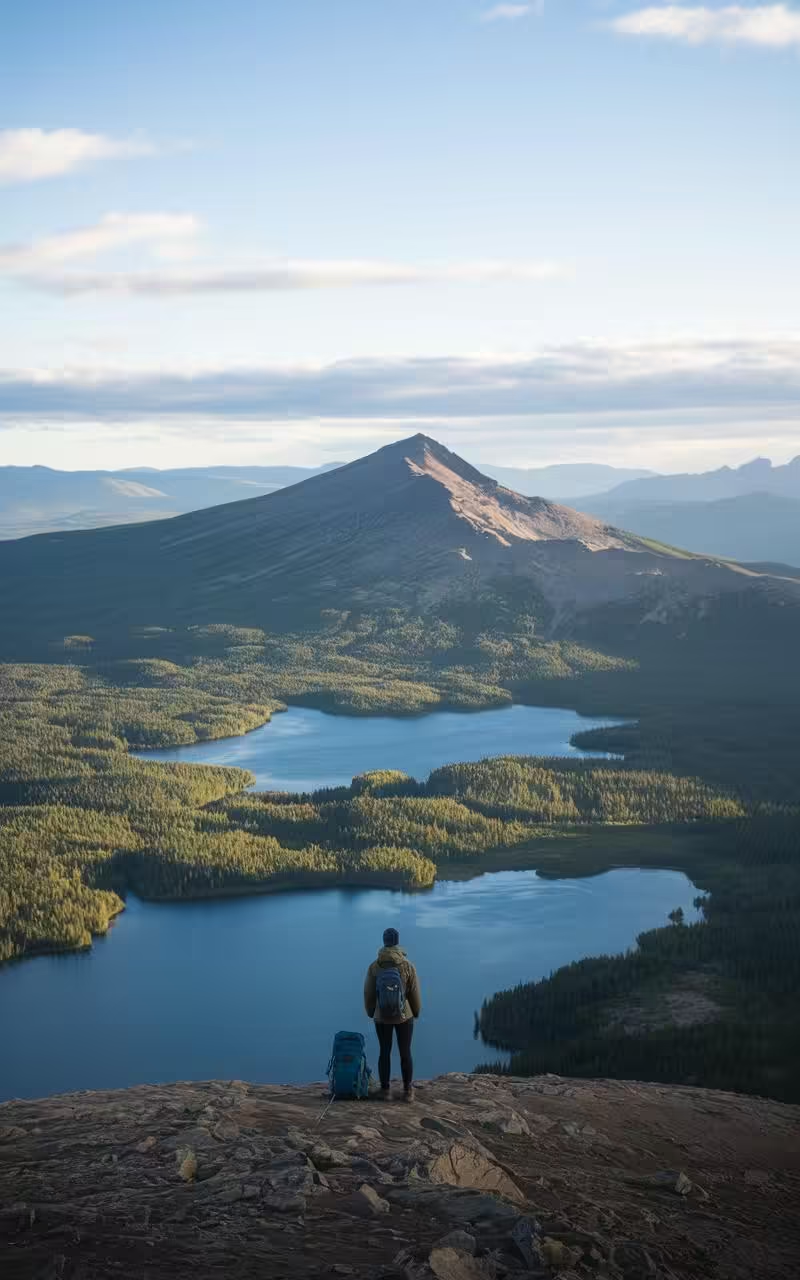
The Environmental Impact: Treading Lightly on Mother Nature
Car Camping Footprint:
- Higher due to more gear and potential for waste
- Concentrated impact on designated campsites
- Opportunity for sustainable practices (solar power, eco-friendly products)
Backpacking Footprint:
- Generally lower due to minimal gear
- Dispersed impact across wilderness areas
- Emphasis on Leave No Trace principles
Remember, whether you’re car camping or backpacking, always pack out what you pack in. I once spent an entire day cleaning up a backcountry campsite – not how I planned to spend my vacation!
The Budget Breakdown: Dollars and Sense
Initial Investment:
- Car Camping: Higher upfront cost for larger gear
- Backpacking: More expensive per item, but fewer items needed
Ongoing Costs:
- Car Camping: Gas, campsite fees, more frequent gear replacement
- Backpacking: Permits, occasional gear upgrades, dehydrated meals
Long-term Value:
- Both styles can be budget-friendly with proper planning and gear maintenance.
The Skills You’ll Master: Becoming a Camping Connoisseur
Car Camping Skills:
- Campsite selection and setup
- Outdoor cooking and food storage
- Basic car maintenance
Backpacking Skills:
- Navigation and route planning
- Lightweight packing techniques
- Wilderness first aid
Key Takeaway: Both styles offer unique learning opportunities. Embrace them!
The Mental and Physical Benefits: Nature’s Therapy
Car Camping Benefits:
- Stress reduction through nature exposure
- Family bonding and social connections
- Improved sleep quality
Backpacking Benefits:
- Increased physical fitness and endurance
- Enhanced problem-solving skills
- Boosted self-confidence and mental resilience
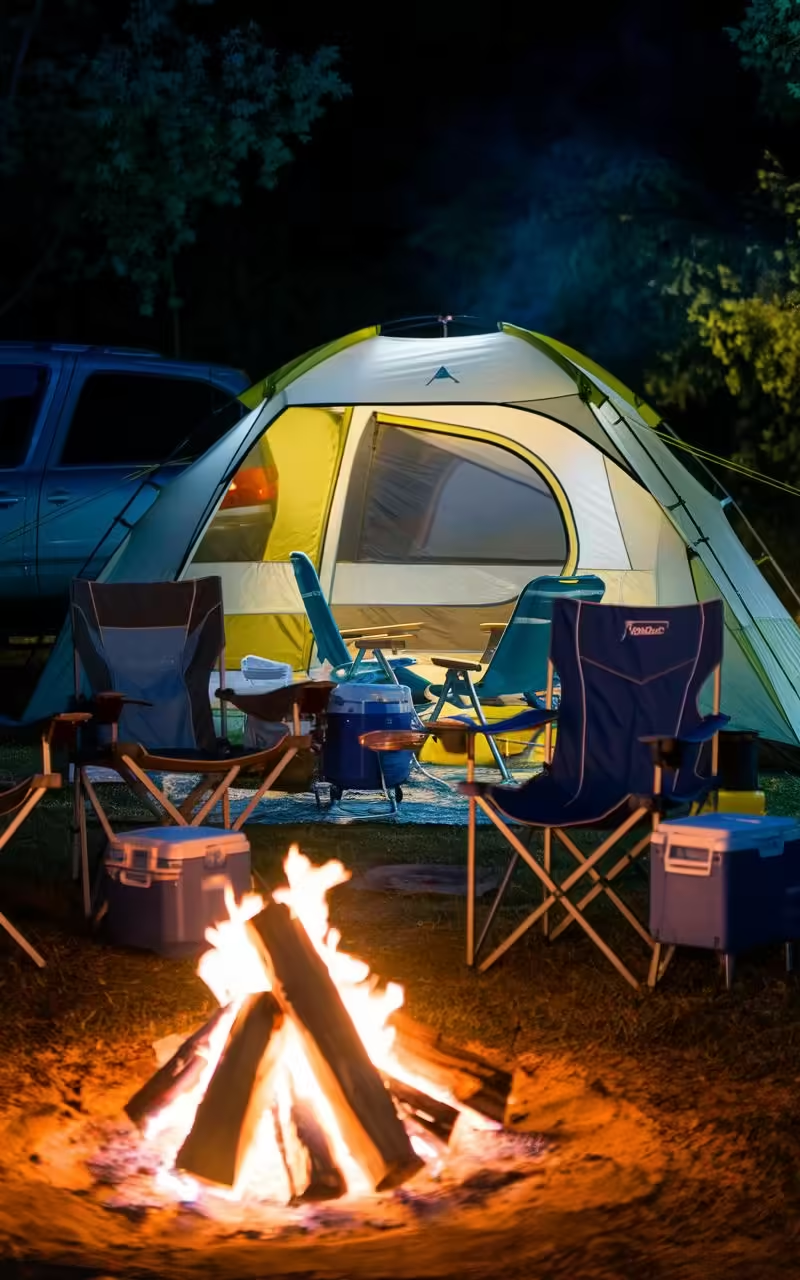
Research shows that spending just 120 minutes a week in nature significantly improves health and wellbeing. Imagine what a weekend of camping could do!
The Ultimate Decision: Choosing Your Path
Still torn between car camping and backpacking? Here’s a quick decision guide:
Choose Car Camping If:
- You value comfort and convenience
- You’re new to outdoor adventures
- You’re traveling with family or a large group
Choose Backpacking If:
- You crave solitude and challenge
- You’re physically fit and ready for adventure
- You want to explore remote, untouched areas
Remember, there’s no wrong choice. The best camping style is the one that gets you outside and enjoying nature.
The Final Verdict: It’s Not About the Destination, It’s About the Journey
Whether you’re lounging in a camp chair by your car or perched on a mountaintop after a long hike, the essence of camping remains the same. It’s about disconnecting from the daily grind, reconnecting with nature, and creating lasting memories.
So, which adventure will you choose? Will you load up your car for a comfortable getaway, or strap on a backpack and hit the trails? The choice is yours, and the great outdoors is calling. Happy camping!

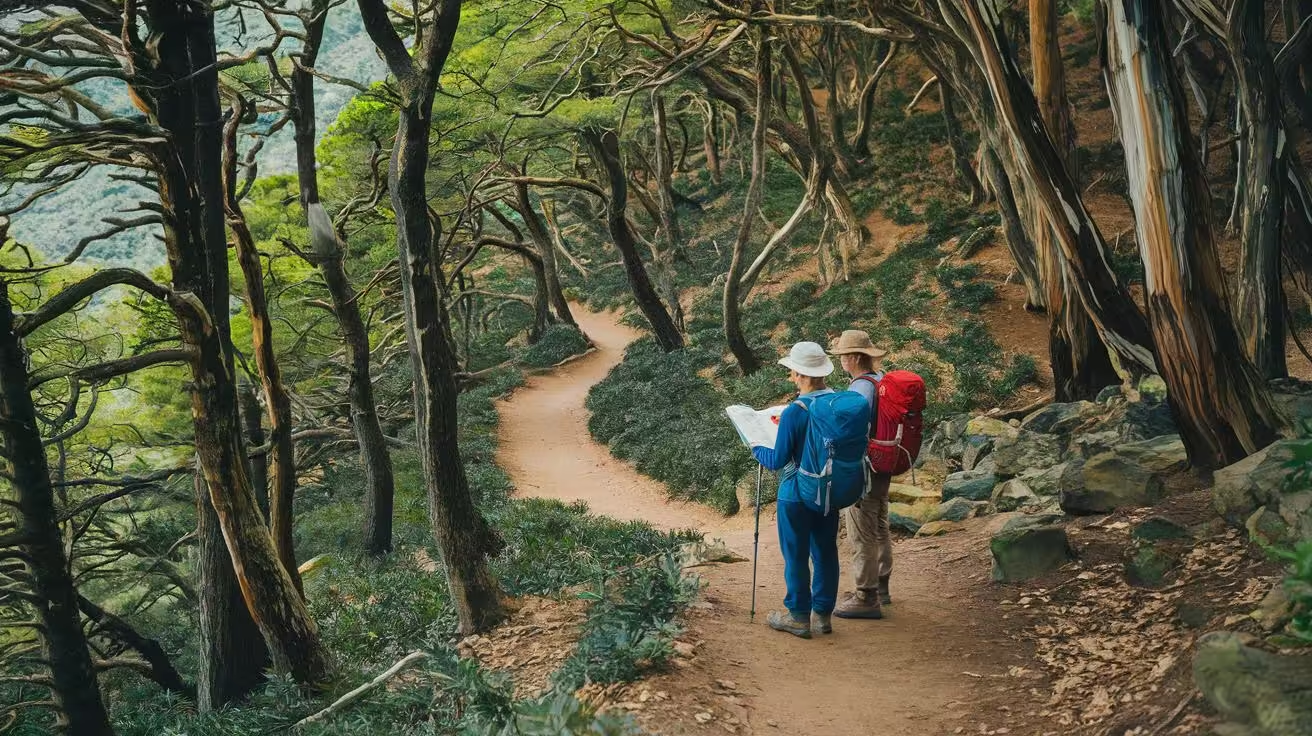
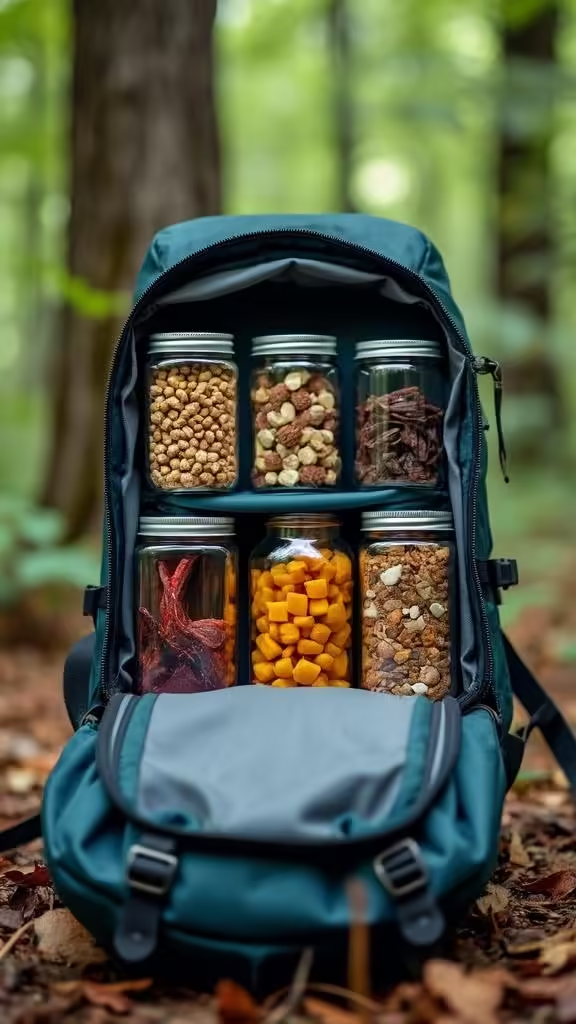
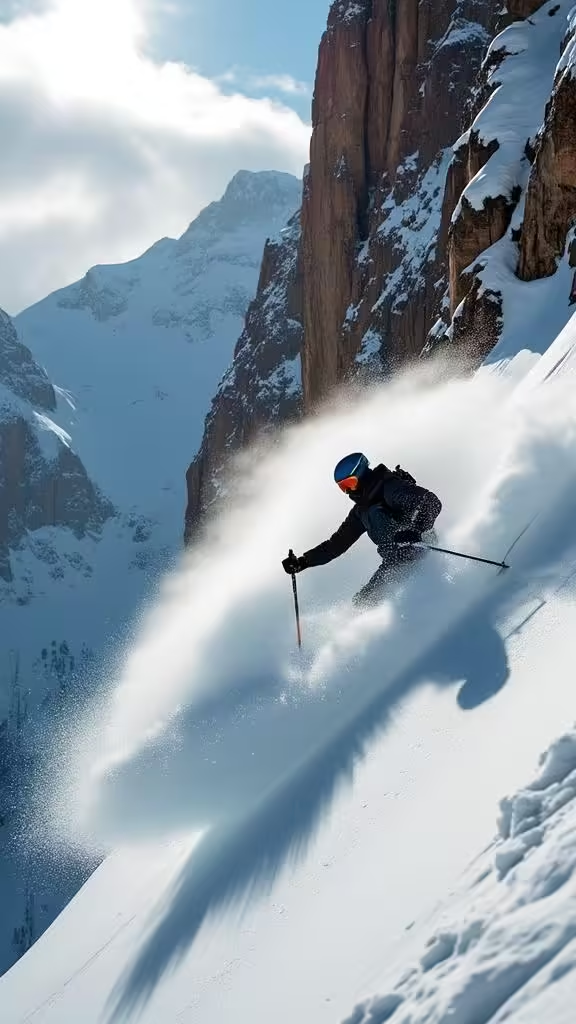
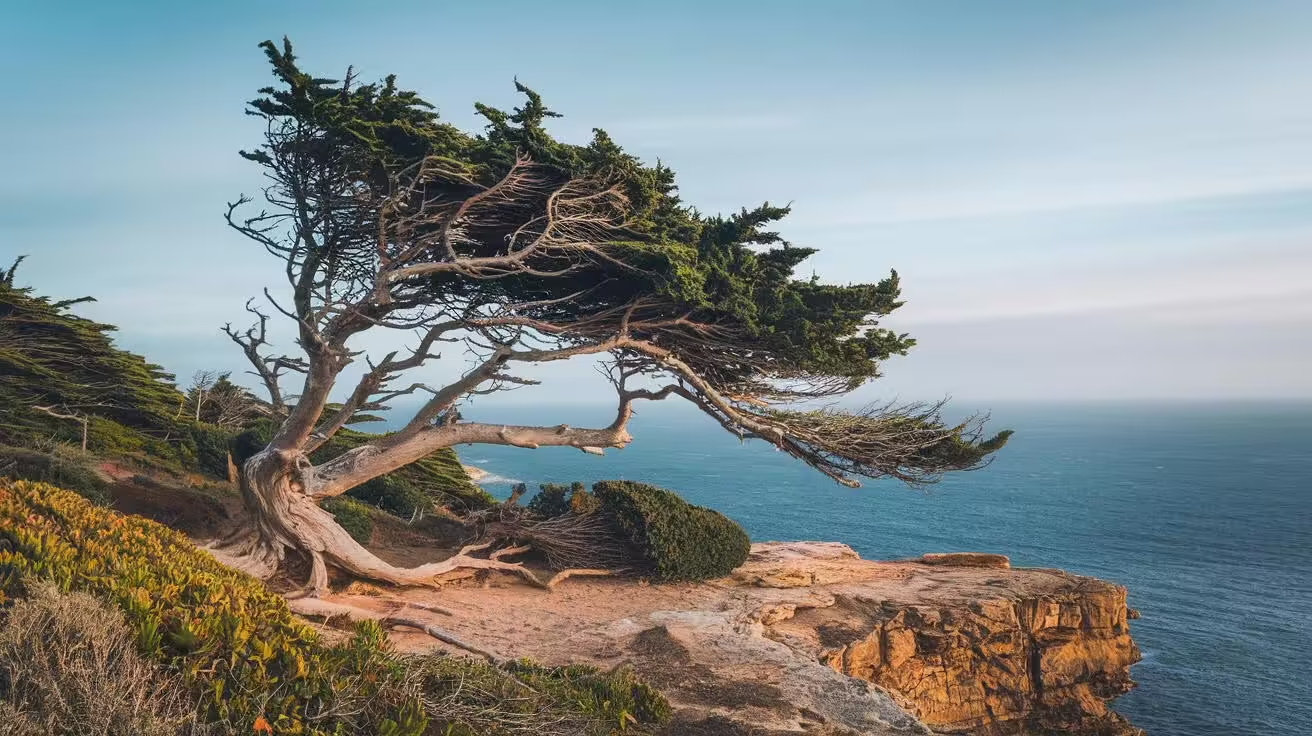
Leave a Reply